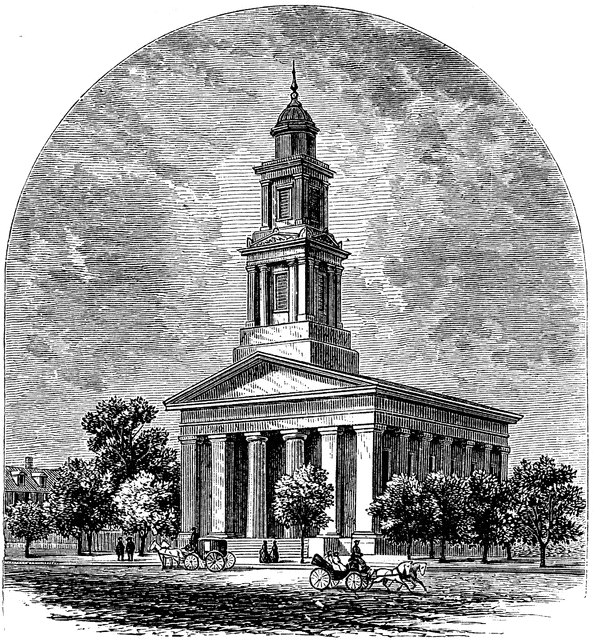
Saturday, January 11
Becoming Beloved Community -
Sacred Conversations
Join us for a workshop that will provide insights into the causes and effects of racism. We explore ways to work together. Sign-up here.
Bishop Russell Kendrick's Christmas Message
Heading 1
OUR DIOCESE
The Episcopal Church of the Central Gulf Coast is 62 worshiping communities located in southern Alabama and northwest Florida. We are small churches and large churches; we are contemporary and traditional.
We are 18,000 followers of Jesus.
When you come to an Episcopal church no matter how crazy the world has been, no matter how terrible your week has turned out, no matter what kind of mess you have made of it, you will hear a message of God's unending grace, and you will be invited to be fed with the bread of God's life. It's a great kind of Christian to be.
We are unabashedly inclusive; we welcome diversity and differences of opinions;
we hold to worship that stretches back to the first day of the apostles; we make decisions centered on the Bible, but that are also enriched by what we have learned in history, and the gift of our own reasoning. We don't shy away from issues that involve justice and peace; we are committed to furthering God's dream of a new creation of peace and unity.
Most of all, we are children of God, just like you.
Welcome.
Bishop Russell
The Right Reverend J. Russell Kendrick is Bishop of the Episcopal Diocese of the Central Gulf Coast
Bishop Russell was elected to be the fourth bishop of the Central Gulf Coast in February of 2015, and was ordained as bishop on July 25, 2015.
A native of Fort Walton Beach, Florida, Bishop Russell earned a Bachelor of Arts in architecture and marketing from Auburn University in 1984. Then in 1995, he received a Master of Divinity from Virginia Theological Seminary. At the time of his election, Bishop Russell was rector of St. Stephen's in Birmingham, Alabama since 2007. Russell is married to Robin, and they have two children, Aaron and Hannah.
DIOCESAN HISTORY
When Bishop George M. Murray addressed the 1968 convention of the Diocese of Alabama, he described his vision of a new diocese which might be formed from counties in south Alabama and northwest Florida. He made his address immediately following Bishop C. C. J. Carpenter's announcement of his plan to resign at year's end after a thirty-year episcopacy. After his 15 years of assisting Bishop Carpenter in serving the more than 100 congregations in Alabama, Bishop Murray spoke of new possibilities. One of them was a new diocese.
His vision was as exciting as it was historic. Since 1830, the Diocese of Alabama had covered the state. The Diocese of Florida, formed eight years later, also covered the state (including congregations in Cuba for a few years) until 1888 when a new jurisdiction of South Florida was created. From time to time, dividing the Diocese of Alabama had been considered, but never decisively.
Throughout 1968 and 1969, Bishop Murray and Bishop Hamilton West of Florida worked with clergy and lay leaders in both areas. In early 1970, the conventions of both dioceses agreed to the new diocese. General Convention approved in the summer of the same year. Bishop West, senior of the two bishops, chose to remain where he was. Bishop Murray then chose to lead the new diocese.
The Primary Convention of the new diocese met December 3-5, 1970, in Christ Church, Pensacola. Bishop West preached from Exodus 14:15: "The Lord said to Moses, 'Tell the people of Israel to go forward.' "At his invitation, Bishop Murray presided over the sessions that organized the diocese. Before adopting canons, the convention adopted a motion "that the new diocese should be structured so as to allow freedom to explore new ideas and to not be hampered by traditional concepts of either of the existing dioceses." With this as the standard, canons were adopted for a relatively simple structure open to possibilities for creative mission and ministry. The convention named this new beginning the Diocese of the Central Gulf Coast.
